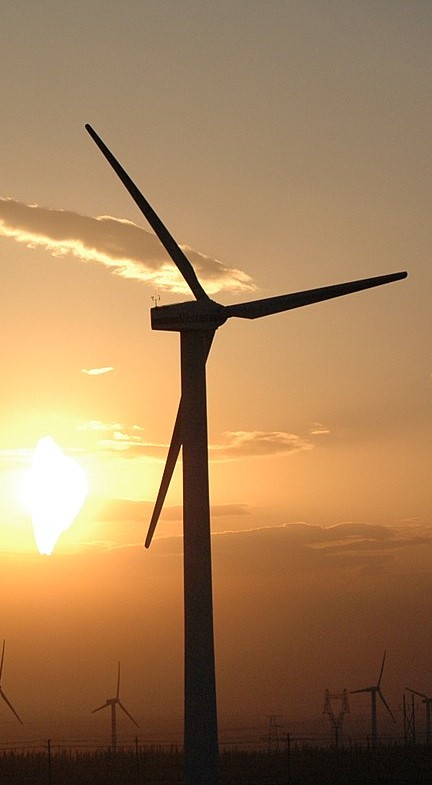
New green targets not putting the brakes on CO2 emissions
The government’s revised green targets announced last week are sending out the wrong signals, says Midlands energy expert Ron Fox.
“For years the UK has been seen as a global leader in cutting carbon emissions, especially after hosting the United Nations Climate Change Conference COP26 in November 2021 when Britain pledged to reduce its emissions by 68 per cent by 2030, from 1990 levels,” said Ron.
“Now these changes will make it easier for other countries to question our commitment to help reducing world temperatures.”
Last Wednesday Prime Minister Rishi Sunak announced:
- Moving back the 2030 ban on the sale of new petrol and diesel cars by five years.
- Setting an exemption to the phase-out of fossil fuel boilers, including gas, in 2035.
- Scrapping policies to force landlords to upgrade the energy efficiency of their properties.
- There would be no ban on new oil and gas development in the North Sea.
- No new taxes on flying, meat nor dairy products.
- No requirements to have seven different bins.
But Mr Sunak said the government was still “completely committed” to the 2050 net zero target which his predecessor, Theresa May, made law back in 2019. Net zero means a country does not add any additional greenhouse gases like carbon dioxide, CO2, to the atmosphere.
Ron accepted the UK has been successful in cutting emissions compared to other countries. Since 1990, emissions within the UK have fallen by 48.7 per cent up to the end of 2022 – excluding international aviation and shipping – according to government data. That is greater than most of the other countries in the G7, an organisation of the world’s seven largest so-called “advanced” economies.
But the green energy expert thought it was a strange decision to push back the deadline for prohibiting the sale of new internal combustion engine vehicles from 2030 to 2035, when electric car sales are actually booming.
In 2022 nearly 17 per cent of new car sales were electric – ahead of the schedule by the Climate Change Committee (CCC) – the government’s independent advisers on cutting carbon emissions – and up from fewer than 2 per cent in 2019.
Ron welcomed the substantial increase in the subsidies available to people who want to install heat pumps to heat their home, with the grant increased by 50 per cent to £7,500. But he said this was offset by the decision that some people will now be exempt from having to get rid of their gas boilers by 2035.
But he said the one decision he strongly disagreed with was not forcing landlords to install minimal energy efficiency requirements.
According to the National Housing Federation, domestic housing in England produces more carbon emissions annually than cars.
Also, the rented sector is already the least well-insulated, with residential heating responsible for about 14 per cent of UK carbon emissions.
“Energy efficiency is an essential tool in the fight against energy poverty,” said Ron of Noreus Ltd on the University of Keele Science Innovation Park, “Renters can’t put in place energy efficiency measures to keep themselves affordably warm, so requiring landlords to do this is the only way.”
For more advice on winter warmth and green energy contact Ron on 01782 756995.
Caption: Stepping off the gas – some people will now be exempt from having to get rid of their boilers by 2035.




